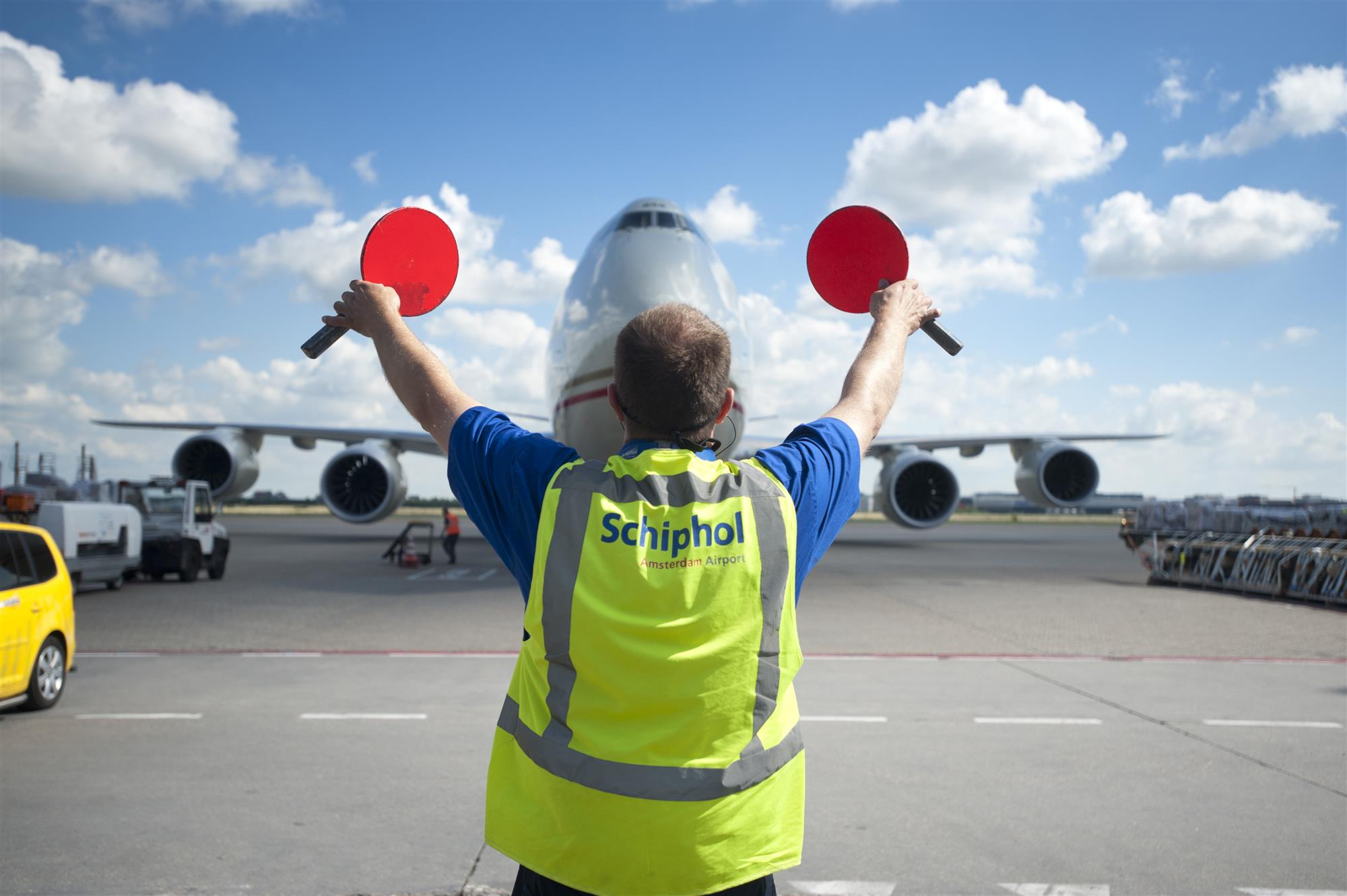Amsterdam Airport Schiphol (AAS) reported weaker cargo volumes last year amid full-freighter slot challenges and weakening global air cargo market.

In a statement, Schiphol said cargo volume for 2019 decreased by 9% to 1.57 million tonnes with inbound and outbound tonnage both declining compared to 2018.
"The year-end results revealed that inbound cargo volumes declined 9.8% to 791,613 tonnes and outbound cargo volumes decreased by 7.2% to 778,648 tonnes," it said.
Last year, full freighter volume fell by 13.2% to 0.85 million tonnes partially due to an 11.2% fall in air transport movements (ATM), while belly cargo volumes dropped 2.3% to 0.72 million tonnes, despite ATMs increasing 1.5%," it added.
AAS said the three largest destinations for cargo tonnage were Shanghai, Moscow and Nairobi.
“The figures in 2019 were in line with our expectations as we continue to face full freighter slot challenges, on top of a weakening of the global air cargo market,” said Maaike van der Windt, director aviation marketing, cargo and customer experience, Amsterdam Airport Schiphol.
“Operating in a slot constrained environment is challenging and it is having an impact on our results,” he added.
Solution for freighter flights
Amsterdam Airport Schiphol is seeking a resolution with the Government of the Netherlands to better maintain full freighter flights.
“Our main priority is to maintain full freighters and we are looking into a more structural solution as full freighter flights are critical for our intercontinental destinations,” said van der Windt.
Despite the challenges, van der Windt is "slightly optimistic" for the airport’s prospects in 2020 as operating under slot restricted conditions has led to a rethink of how it conducts business.
The operating environment has resulted in a revised cargo approach to maintain full freighters and the main focus is to maintain and grow the existing cargo network.
“Furthermore, to utilise the maximum capacity available on planes we are focusing on that capacity is as full as possible, which will result in a more sustainable approach towards the business of cargo,” he added.
Volumes decline across the board
Schiphol said year-end figures revealed a decrease in volumes across all markets, except for an increase recorded in the Middle East inbound segment.
Outbound traffic to the Asian region was down 14.11% and inbound declined 10.32%. The outbound North American market fell 2.2%, while inbound was down 14.24%.
Cargo inbound to Latin America declined 11.35% and outbound dropped 6.28%. European figures show outbound traffic fell 2.3% as inbound volumes decreased by 8.49%. Outbound traffic to Africa was down 2.95% while inbound declined 14.31%.
The Middle East market inbound market meanwhile recorded positive growth with inbound volume up 4.67%, although its outbound figures were also down 3.77%.
As part of its new cargo approach in 2020, AAS said it will also increase the focus on sustainability to ensure the future of cargo.